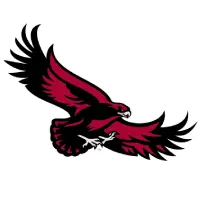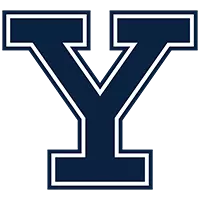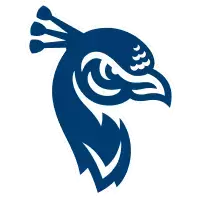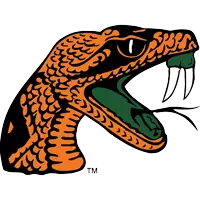George Washington University Athletics
Community Service
Students of the George Washington University possess a passion for changing the world and Athletics has cultivated a culture in which community service is an integral part of the student-athlete experience. GW's commitment to giving back to the local and global communities means that student-athletes have special opportunities to get involved and interact with, and learn from, the most influential leaders of our time. GW offers hundreds of community service opportunities each year. Some are on-going, weekly or bi-weekly projects and others are monthly service initiatives.
Throughout the years, GW’s service endeavors have benefited food kitchens, charity races, kids clubs and various other organizations. Since 2013, GW student-athletes have averaged over 9,100 hours collectively and 20 hours individually per year. Highlights include women’s basketball partnering with Team IMPACT, while many individual student-athletes have been heavily involved with The Grassroots Project.
GW in the Community:
Throughout the years, GW’s service endeavors have benefited food kitchens, charity races, kids clubs and various other organizations. Since 2013, GW student-athletes have averaged over 9,100 hours collectively and 20 hours individually per year. Highlights include women’s basketball partnering with Team IMPACT, while many individual student-athletes have been heavily involved with The Grassroots Project.
GW in the Community:
- Dreams For Kids DC: DFKDC provides life-changing experiences to help empower and encourage children with physical and developmental disabilities. Events include sports clinics, STEM events and holiday celebrations, which baseball and women’s rowing have taken part in.
- Free Minds: Free Minds began in 2002 and grew from a small book club for juvenile offenders at D.C. jails into an organization which now offers book clubs in federal prisons, sponsors a literary journal and has developed a comprehensive reentry program for its members. One of their best known outreach programs, “Write Night” gives local volunteers an opportunity to come together to read the poems written by incarcerated youth and to send back encouraging words. Women’s tennis participated in their very own “Write Night” on campus.
- The Grassroots Project: The Grassroots Project partners Division I college student-athletes from GW, Georgetown and Howard, with at-risk youth in D.C. public schools to educate middle school and high school students about HIV/AIDS awareness, prevention and personal responsibility.
- Susan G. Komen Walk: Each year, multiple teams partake in the famous race for the cure in D.C. Women’s basketball, women’s tennis and gymnastics have supported survivors in their fight.
- Capital Area Food Bank: The Capital Area Food Bank leads the region’s efforts to provide healthy food and fight food insecurity. Men’s basketball and women’s soccer have previously volunteered as units.
- The Prevent Cancer 5K: Prevent Cancer 5K has personally thanked our men’s rowing team, raving how “multiple participants specifically said how awesome our course marshals were, so that’s all thanks to the men’s rowing team!”
- MLK Day of Service: Each year, The Honey W. Nashman Center for Civic Engagement and Public Service orchestrates a campus wide MLK Day of Service. GW students and student-athletes participate on campus and around the DMV area. The day of service includes a keynote speaker, leadership development and interfaith dialogue in conjunction with the various service projects.
- Free Minds Book Club: Free Minds began in 2002 and grew from a small book club for juvenile offenders at DC jails into an organization which now offers book clubs in federal prisons, sponsors a literary journal and has developed a comprehensive reentry program for its members. One of their best known outreach programs, “Write Night” has gone virtual where volunteers write encouraging comments using the "leave a comment" function on poems posted on Free Minds' online platform.
- Smithsonian Transcription Center & Wikipedian Volunteer Program: Virtual volunteers may transcribe documents posted by Smithsonian archivists and curators or assist in contributing content to Wikipedia related to Smithsonian’s collections and areas of expertise. By helping their online presence, volunteers are improving the quality and quantity of reliable information on Wikipedia, as well as usage of Smithsonian resources on the site.













